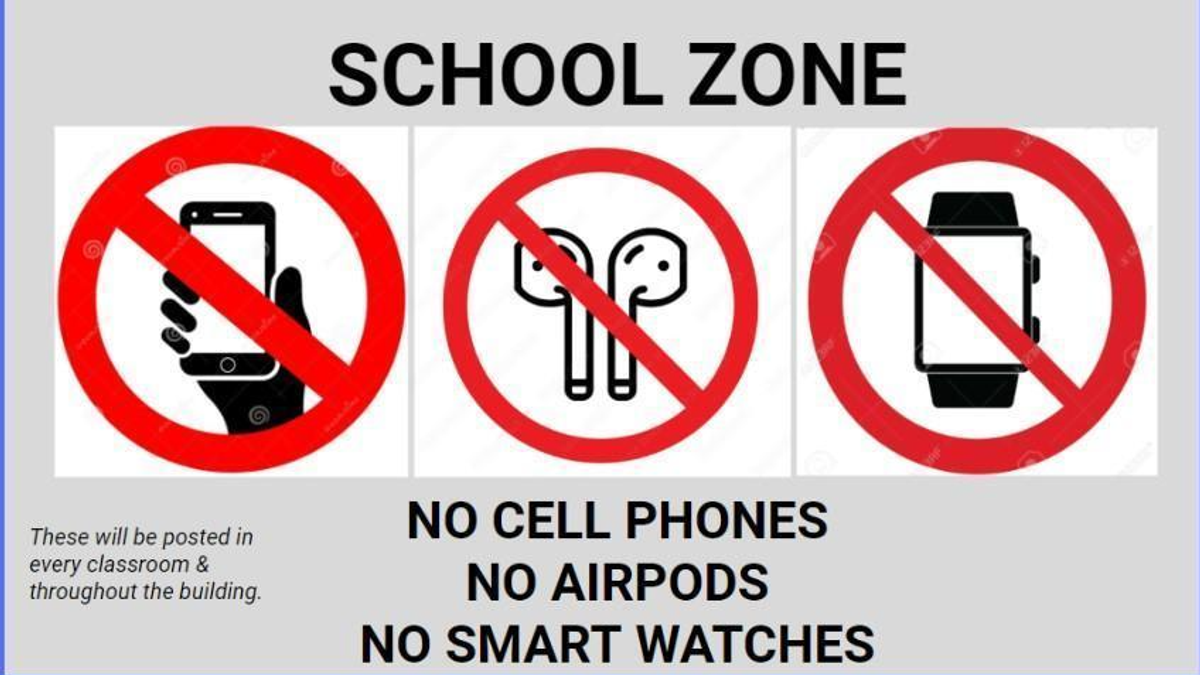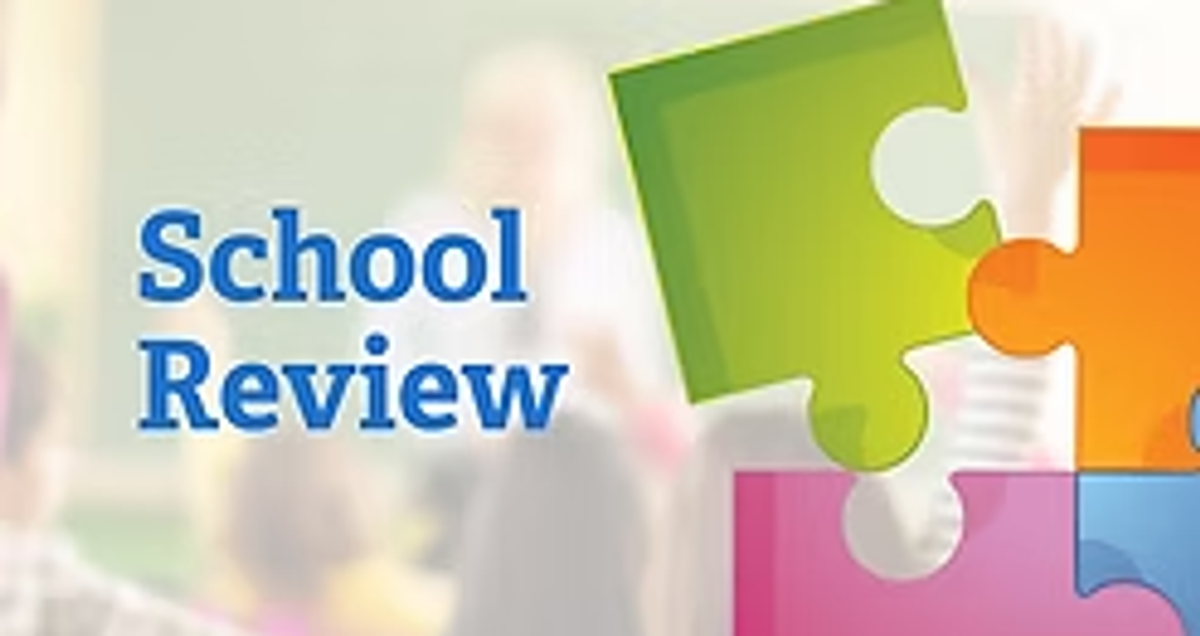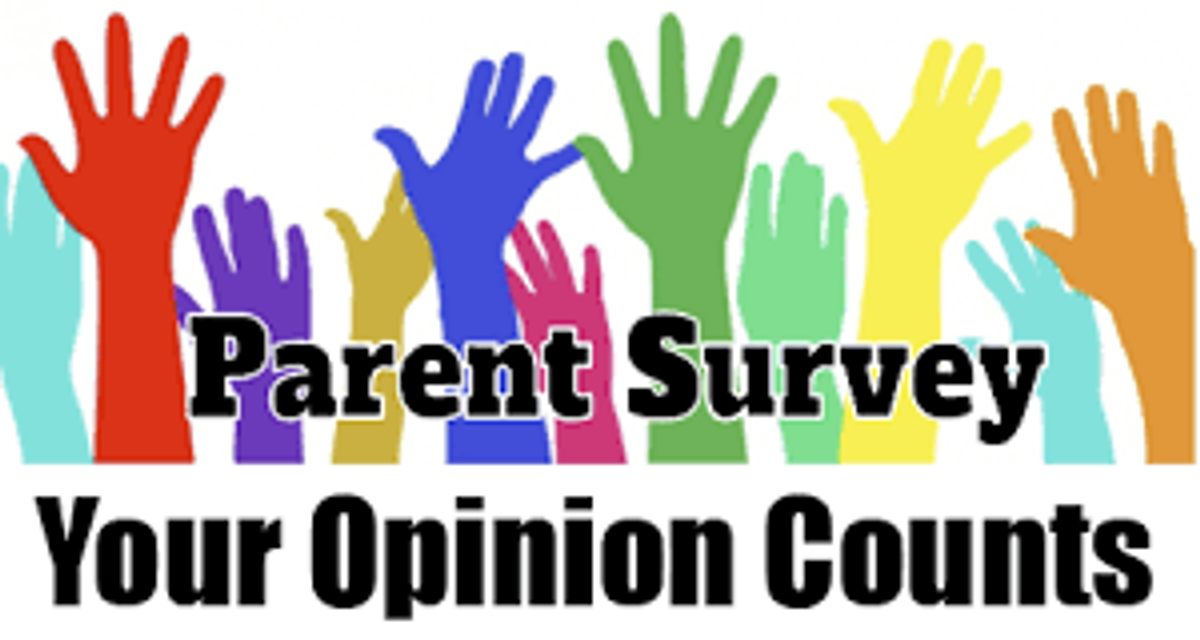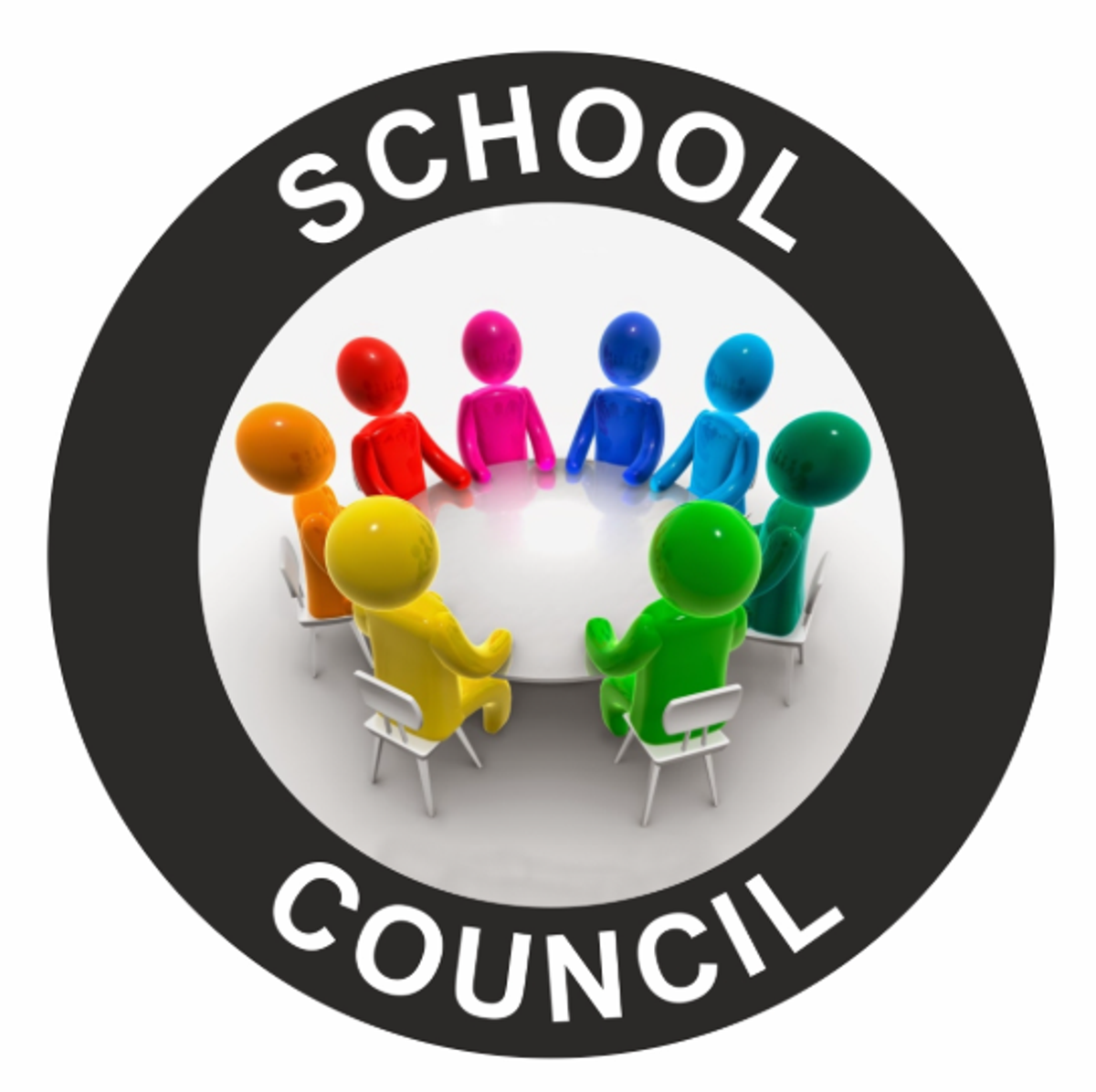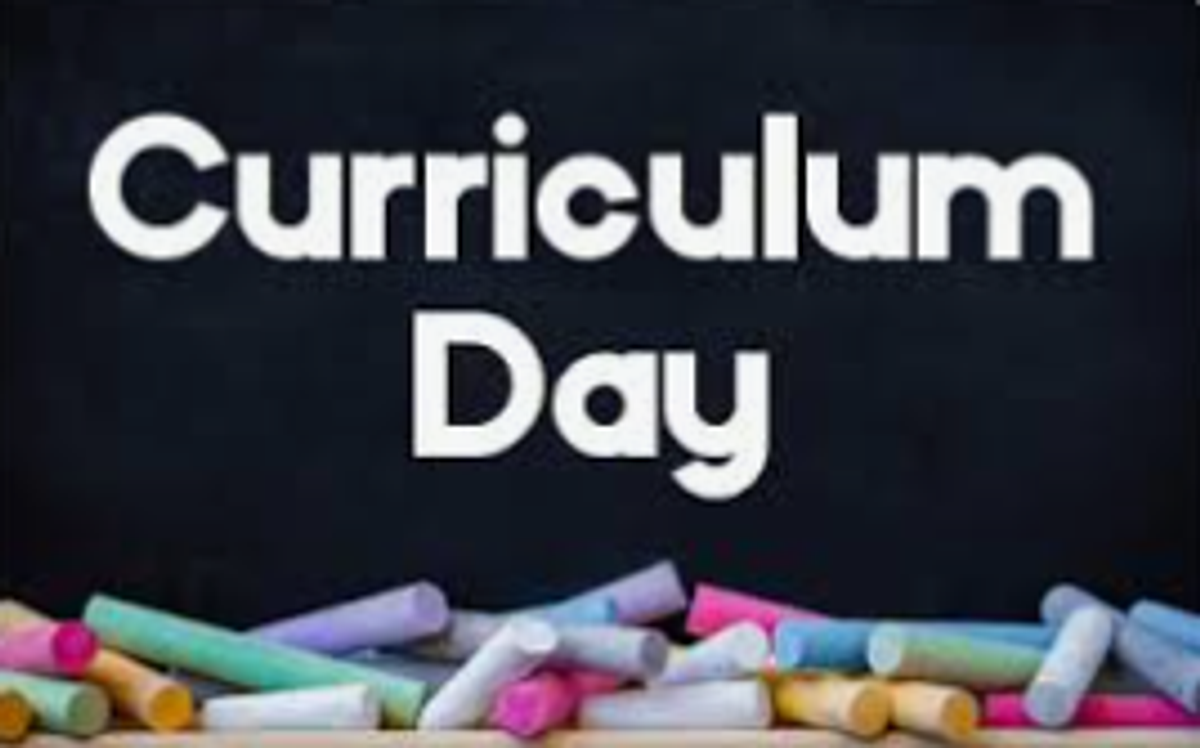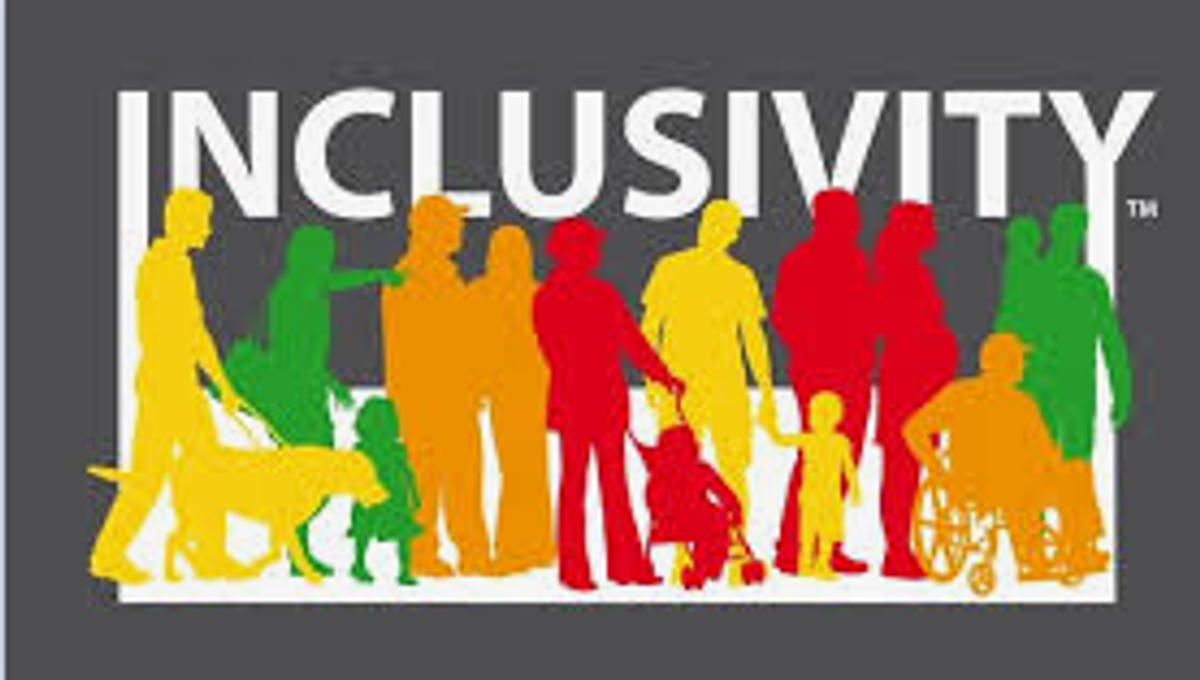A message from Tami -Jo

The term is flying past. Again, so much has been achieved and the term is fast coming to an end. There are some important messages in our newsletter around smartwatches and our Inclusion curriculum. Please take the time to read and follow up with your children where you can.
WhySmartphones/Smartwatches Don’t Belong in School
Many parents wonder why schools enforce strict rules about smartphones/smartwatches. With mobile phones/smartwatches being
such an integral part of daily life, it can be difficult to understand why they
are restricted in the classroom. However, the decision to limit or ban their
use at school is not just about avoiding distractions—it’s about supporting
children’s growth and preparing them for life.
1. BuildingIndependence and Problem-Solving Skills
When students forget their homework, lunch, or equipment, the temptation is to quickly text home for help. Without that
option, students are encouraged to think differently:
- Can I borrow a pencil from a classmate?
- Can I talk to my teacher about a solution?
- Can I adapt with the resources I have?
These small moments help children develop
resourcefulness and resilience—skills that will serve them far beyond the
classroom.
2.Developing Patience and Resilience
Smartphones/smartwatches allow for instant answers, instant reminders, and instant connections. While this can be convenient, it removes the opportunity for students to practise patience. Waiting, remembering, and coping with small frustrations help young people build resilience, an essential life skill.
3.Strengthening Social and Help-Seeking Behaviours
Without phones/smartwatches, students are more likely to turn to their teachers, peers, or school staff when they need assistance. This not only fosters stronger communication and relationships but also teaches students how to ask for help appropriately—a vital skill in both education and future workplaces.
4.Supporting Focused Learning
Research consistently shows that smartphones/smartwatches
in classrooms lead to distractions. Removing them helps create a learning
environment where students can concentrate fully on lessons, collaborate with others, and engage more deeply in their education.
5. Aligning with School Rules and Community Expectations
Following rules is an important part of school life. Respecting the mobile phone policy teaches students responsibility, accountability, and respect for shared agreements. These lessons extend into everyday life, where respecting boundaries and guidelines is essential.
In short: banning mobile phones/smartwatches at school is not about denying technology, but about giving children the space to grow. By removing the easy option of turning to a screen, we help them strengthen independence, resilience, and social skills—the very qualities that prepare them for success in life.
School Review
We are working on our pre-review report for our School Review next term. We have been working with the school council, interviewing parents, teachers, students and our support staff about our achievements over the past four years and what we should be focussing on in order to improve.
We will share the results from the parent feedback once it is collated. We appreciate the feedback we receive and are working to look at what are trends in the feedback so we can look at how to act on this. Individual feedback is difficult to act on as what one person is happy with; another is not. We cannot make everyone happy all the time, so we are looking for those trends and what is in our power to impact in order to make improvements moving forward. We have been very proud of many of the improvements we have made and are excited about where our next areas of focus could be.
Parent Opinion Survey
Information about the Parent Opinion Survey is about to be sent out on Compass; Please keep an eye out for this.
School Council
Our School Council met onsite last week to work on some of the School Review work; they gave feedback around our highlights, facilities, teaching and learning, community involvement and communication. They also advocate for the community by passing on feedback from others and sharing concerns from parent discussions. We would like to thank them for their time, support and constructive feedback.
Curriculum Day
We had an enormously successful curriculum day last week. We re-visited our Protective Intervention Training as a staff in the morning. The primary team then had a day working with Melissa Graham around deepening their understanding around the Units of Inquiry; how to ask deeper and more complex questions and check for student understanding. The Secondary staff learned more about the adolescent brain and how it works in order to impact the instructional practice of our teachers. They also worked on exploring and understanding the qualities and skills needed for students when they leave DCC to move on to the next step of their learning journey. The education support staff also had professional learning around strategies to support our students delivered by our allied health staff.
Inclusivity and our Curriculum
In order to build and maintain a truly inclusive school, we must teach and support students across a wide range of areas, including sexuality, gender, ability, additional needs, culture, race, and even differing political perspectives. This can only be achieved when the mandated curriculum—including respectful relationships education as one part of our social and emotional learning program—is taught in full, not selectively. We do not and will not remove students from particular parts of the curriculum. There is some misunderstanding around the purpose of the RR curriculum with many people thinking it is solely around sexuality and gender. This is only part of the program. It was a finding of the Royal Commission into Family Violence that schools provide specific information and lessons to promote harmony, understanding and the correct information. The Respectful Relationships curriculum was developed to prevent violence, promote equality, support wellbeing, and equip young people with lifelong relationship skills.
Our school is a representation of surrounding community and is made up of a diverse range of people and our responsibility is to protect and support every student and our community through education that fosters kindness and respect for all. Our role is to ensure all students feel safe, valued, and respected, and that requires teaching kindness, empathy, and understanding of difference. If aspects of the curriculum do not align with particular personal or family views, those conversations can continue respectfully at home, and we are happy to support families in navigating them. What is important to remember is that our curriculum does not teach children to change their gender, adopt a particular sexuality, or rank cultures against one another. Rather, it fosters respect, safety, and inclusivity for everyone. We cannot fulfill our role properly without sending consistent messages to the students.
Children are inquisitive and curious. They will ask questions of their peers and discussions will be held in the playground. Students have access to the internet and everything that it has to offer; googling and watching YouTube provides the students with information and images without context or understanding. Social media compounds this. If students do not hear those messages from educated adults, what they do hear are half truths and innuendo in the playground without the correct information being available to them. Ignorance does not build inclusion; it breeds division, fear, and even violence. Together, through education, we can equip our students to be compassionate, respectful, and informed members of our community.
Events
This term we have already recognised a number of important events and days that celebrated learning, wellbeing, and inclusion across our school community.
In week 4, students learned how to recognise and respond to bullying for 'bullying no way week'. We worked together to build a safe and kind school culture with classes exploring whole school daily focus topic and on Monday 11th August, all students took part in Kids Helpline’s national anti-bullying lesson.
Week 4 was also Science Week, students explored the wonders of science through hands-on activities and investigations. It was an exciting opportunity to spark curiosity, creativity, and problem-solving.
Book Week was an incredible celebration of reading, imagination, and creativity! We held our much-loved parade, where students dressed up as their favourite characters and shared in the joy of storytelling. Almost 300 students also submitted their own creative book cover designs for our front cover design competition, now on display in the library. To add to the fun, students took part in a Pokémon hunt during break times, working together to ‘catch ’em all.’ It was a fantastic week of reading, creativity, and community spirit! I make some videos of picture books with voice overs of myself reading them to guess as a mystery reader- I loved it.
On Thursday 28th August our community came together to celebrate diversity and show our LGBTQIA+ young people that they are seen, supported and belong for 'wear it purple day'. We celebrated with a splash of purple across the school.
Eureka
Last week we held the GATEWAYS Eureka in Mathematics program for 22 students in Year 2 and another 22 in Year 4 who have been consistently performing above the expected level in Mathematics. Students were invited by the school, based on their testing and reporting results, with parents paying for the program supplemented by the school. It was an opportunity for students to work on some high level Mathematics curriculum, facilitated by an expert using their problem solving skills and work with like-minded peers. They worked like Trojans and the enthusiasm level was very high!
We intend to continue working with GATEWAYS to provide opportunities around a range of subject areas for those students who need further challenge.
Advice for Families:
I have been reading Ten things I wish you knew about your child’s mental health- Dr Billy Garvey and wanted to share some of his insight around social skills.
- Some key lessons were:Social skills are learnt in partnership with others. As parents we guide children in this dance through purposeful and playful interactions. The way they learn to interact will echo through their lives in how they treat others and what they expect from them. It is really important that kids enjoy this dance.
- Prosocial skills are the basic steps of positive interactions with others and include empathy, respect. Kindness and gratitude. While we often talk about these skills it is much more important that we model these behaviours to them directly, and ot others when they are with us.
- Signs that a child might need extra support with their social skills are isolation, a lack of deep friendships, bullying, frequent conflict or no friends their age. Identify the specific social skills they are lacking and help them to develop it until they have overcome that social challenge
Strategies for parents:
- Observe your child in their social interactions. Aks them about their friendships and talk with their educators about these aspects of their daily lives too.
- Children and teenagers should be succeeding most of the time in their interactions with others, and over time they should be developing deeper and more meaningful relationships within their peer group. If they are frequently having negative social interactions, such as bullying, peer pressure or conflict, or alternatively do not have close connections, it is important to figure out which specific aspect of their social development is struggling.
- Once this specific challenge is fond, then they need to be supported at skilling up to overcome it. Things like empathy, understanding facial expressions, conflict resolution and language can all be taught to children through discussion, role modelling, opportunity and feedback. We do this gently and in partnership with the child.
It has been such a busy term with many exciting events and opportunities. I hope you are enjoying the longer days and the sunshine that we are starting to see.

